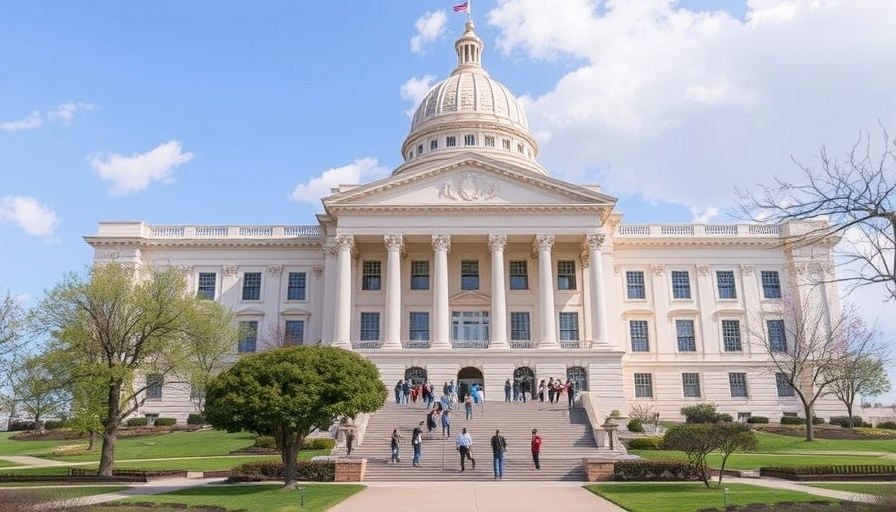
A New Era of Educational Freedom in Texas
The Texas House has taken a pivotal step in the quest for school choice by approving a $1 billion voucher program, allowing around 100,000 families the freedom to access public funds for private and home schooling. This unexpected turn of events, a stark contrast to past legislative sessions where similar proposals were shot down, signals a significant shift in local and state education policy.
The Process Ahead: What Does It Mean for Texas Schools?
While the House's approval marks a crucial milestone, it's important to note that the road to implementation is still fraught with procedural steps. The Texas Senate now faces a decision on whether to take the House’s revised version of Senate Bill 2, or to convene a conference committee to reconcile differences. This process could influence not just the educational landscape but also the political climate in Texas.
Political Dynamics: A Pressure Cooker of Influence
Governor Abbott’s involvement further complicates the situation, as he has reportedly exerted pressure on lawmakers to support the measure. Many GOP representatives felt the heat, fearing repercussions in upcoming elections, especially with Abbott’s strong backing and the possible influence of national figures like Donald Trump.
What School Choice Means for Dallas Communities
The implications of this voucher program extend beyond politics, touching on the very fabric of Dallas communities. Parents have expressed diverse viewpoints, with supporters arguing for increased educational options and critics warning of potential challenges facing public schools. Understanding these dynamics is essential for residents navigating local discussions around education.
Future Predictions: The Directions of Educational Policy in Texas
The potential implementation of this voucher program raises pressing questions for experts and families alike. Will private and home schools see a boom in enrollment? Will public institutions lose funding, thereby compromising educational quality for many students? Analysts suggest that as the legislation progresses, Texas may turn into a testing ground for broader school choice initiatives that could reshape educational policy nationwide.
The Broader Context: National Trends in Education
This movement in Texas is part of a larger national trend toward school choice that has gained traction in various states. As the conversation surrounding educational freedom grows, it is vital to consider both success stories and potential pitfalls encountered by other states implementing similar policies. This context can help inform Texan lawmakers and local communities as they forge ahead.
In conclusion, the passage of school choice in Texas represents a crossroads for educators, families, and policymakers. As potential outcomes unfold, local voices will play an important role in shaping the future of education in Dallas.
If you’re eager to stay updated on the latest developments and how this could affect local education, tune in to our upcoming reports and community discussions.
 Add Element
Add Element  Add Row
Add Row 



 Add Row
Add Row  Add
Add 


Write A Comment